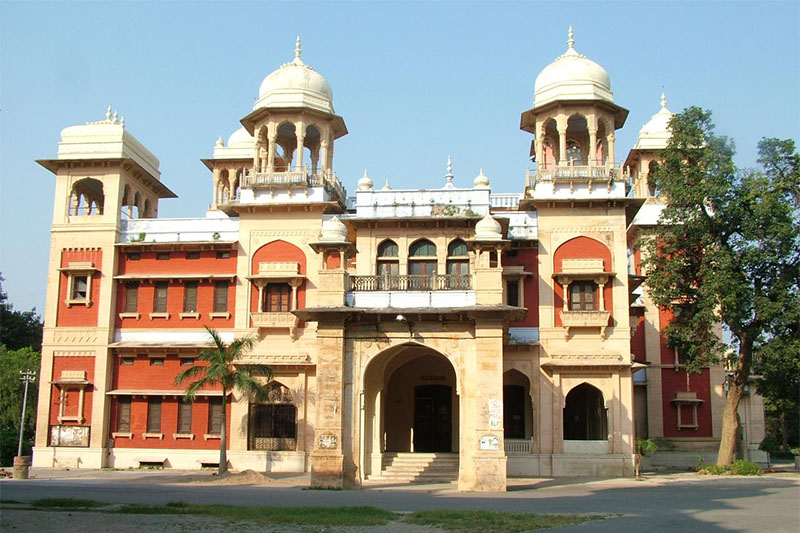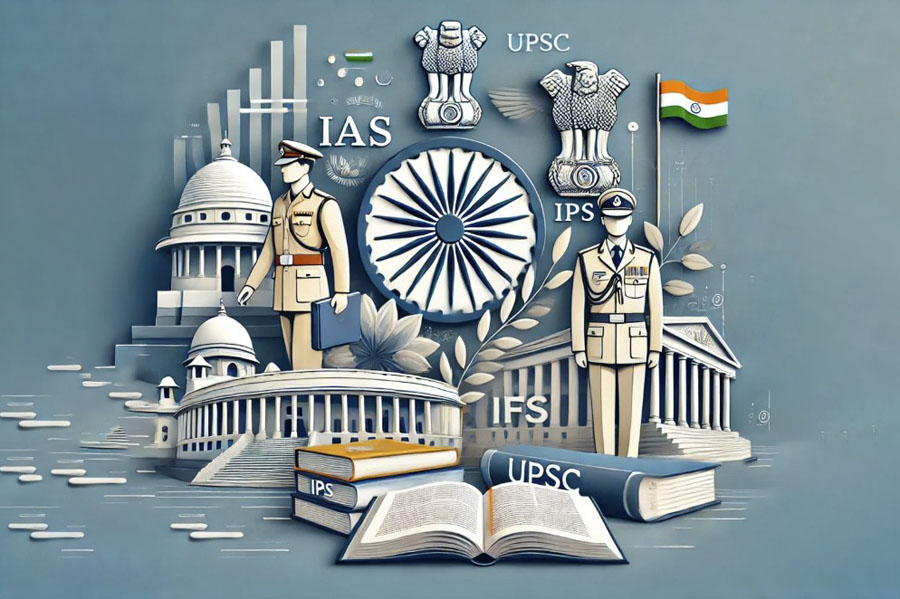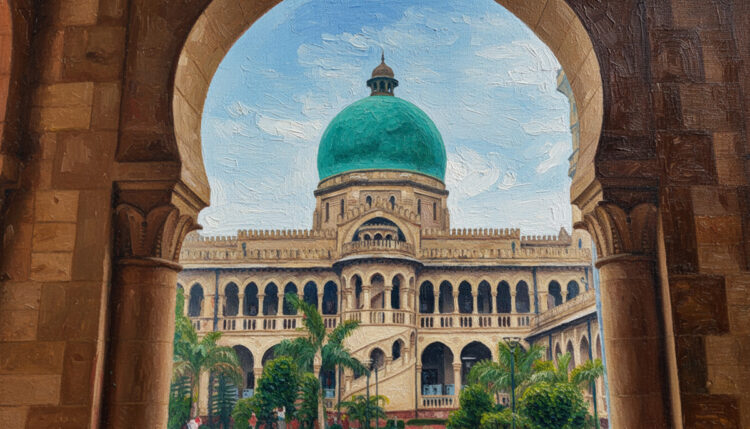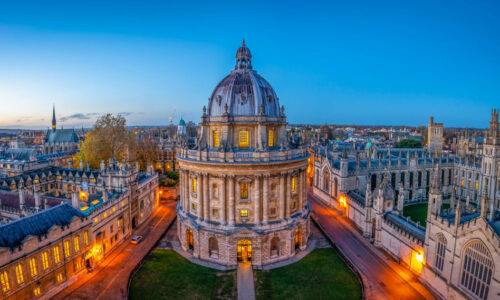In the last part of this series, I told you about my postgraduate journey at the University of Allahabad. I shared how I chose History for my Master’s and how I poured my heart into my studies, determined to do my best. I made some lasting friendships and was fortunate to be taught by some of the most respected professors. My hard work paid off, and I finished at the top of my class. I also shared how I got my first-ever teaching job—a two-month leave vacancy that ignited my passion for teaching and set a new standard for my career. In this installment, I’ll take you through a period of personal loss and a professional turning point, where my path diverged from the Civil Services and cemented my future in academia.

A Time of Loss and New Beginnings
After my two-month teaching stint ended, I found myself jobless once again and a little uncertain about my future at the university. In early 1972, Dr. D.N. Shukla, the head of my department, encouraged me to apply for a UGC research fellowship, a grant worth 350 rupees a month. Back then, the UGC didn’t hold national competitive exams for these fellowships. Instead, each university department was granted a fellowship, which was usually awarded to the topper of that department, provided they enrolled in a doctoral program. I was fortunate to be awarded the fellowship and was enrolled in the doctoral program under the guidance of Professor C.B. Tripathi.
Then, in 1972, our family faced one of the greatest setbacks of our lives. My beloved father passed away after a brief illness. We had traveled to Ghazipur for my brother Munna Bhai’s wedding. On the night of the wedding, January 21, 1972, my father suffered what local physicians called a “minor” heart attack, assuring us it was due to the long journey. But he never recovered from that so-called minor ailment and passed away on February 13. His sudden departure left our entire family in deep grief. For me, it was one of the rudest shocks I had ever experienced. I had always lived under his shadow and had always felt his love and affection. I realized in that moment that parents are irreplaceable and that their love for their children is truly unparalleled.

A Foot in the Door
Later that year, a part-time lecturer position became available in the department. I went to Dr. D.N. Shukla, my head of the department, and asked him to consider my application. Dr. Shukla, a true gentleman, reminded me that I was earning 350 rupees a month as a UGC research fellow and would lose 200 rupees if I took the new position. But I insisted that I was willing to suffer this financial loss because a formal teaching position would be invaluable for my future career. He promised to plead my case before the selection committee.
He kept his word, and on November 9, 1972, I joined the department as a part-time lecturer, assigned to teach two undergraduate classes daily. This marked the beginning of my long and fulfilling journey in the Mediaeval and Modern History department of the “Oxford of the East.”
The All-Consuming Civil Services Dream
In 1973, I decided to take the Civil Services examination. I chose British History, European History, Urdu Literature, Indian Culture and Civilization, and the History of the Great Mughals as my optional papers. I literally “burnt the midnight oil” while preparing for the exam, consulting as many books as possible for the optional papers, in addition to working hard on the compulsory papers: General English, English Essay, and General Knowledge. My hard work paid off, and I qualified for the personality test.

Many of my friends who also qualified for the test joined various coaching institutes in Delhi to prepare for the interview. However, I couldn’t afford their hefty fees, so I decided to prepare on my own.
I arrived in Delhi on February 28, 1973, as my interview was scheduled for March 1. My elder brother Bhaiyya accompanied me to offer his moral support, and we stayed with a friend on Parliament Street. The annual budget had been presented the day before, on February 28, and I made sure to master all its main features. The night before the interview, I came across an article on Allamah Iqbal’s poetry and philosophy in the monthly magazine, Mainstream, but I foolishly ignored it, thinking it would be irrelevant for the personality test. I didn’t realize then that this oversight would cost me dearly.
A Disappointing Turn
As luck would have it, Dr. A.R. Kidwai, the chairman of the UPSC and the interview board, asked me the very first question on Iqbal’s philosophy, following it up with several searching questions on other Urdu poets and novelists. Since I had studied both Urdu and English Literature during my undergraduate days, the other board members focused on those subjects as well. Professor A.B. Lal, the Vice Chancellor of Allahabad University, asked me questions about Firaq Gorakhpuri and Akbar Allahabadi. Another board member quizzed me on the romantic poets Shelley and Keats.
I was completely unprepared for such questions. I became incredibly nervous and began to perspire heavily. Only one member asked me some minor questions on Akbar and Jahangir, to which I gave satisfactory answers. I had never imagined that the board members would give more importance to subjects I had studied long ago and would ignore my Master’s subjects—History and current affairs—which I was now teaching at the university. I knew I had failed the personality test and returned to Allahabad crestfallen.

When the final results were announced, my worst fears were confirmed. I had secured only 37% in the personality test, narrowly missing the cutoff to qualify for the Civil Services. Had I been awarded just 40%, I would have qualified for one of the Allied Services, if not the IAS.
For a long time, I remained depressed. But after much soul-searching, I made the decision not to appear for the Civil Services again and instead focus on my academic career. My resolve was strengthened by a new opportunity that arose in the History department. In 1973, a full-time lecturer’s position became available, and I had the great fortune of being promoted to a full-time ad hoc lecturer with a starting salary of 440 rupees per month. This was a once-in-a-lifetime opportunity, and I thanked Allah profusely for this blessing. My dear mother and my entire family congratulated me and advised me to work hard, for there was ample room for progress and promotion in an academic career.

My journey had taken an unexpected turn. The path to the Civil Services was still open to me, but I chose a different, more fulfilling road instead. It was a path that led not to a government office, but back to the very place where my story had begun—the hallowed halls of the University of Allahabad. I was no longer a student, but a young teacher with a mission, ready to dedicate myself to the institution that had given me so much.
To be continued…





I really enjoyed reading this and wonder if more will come?
Thank you very much, Masood. More will come very soon!